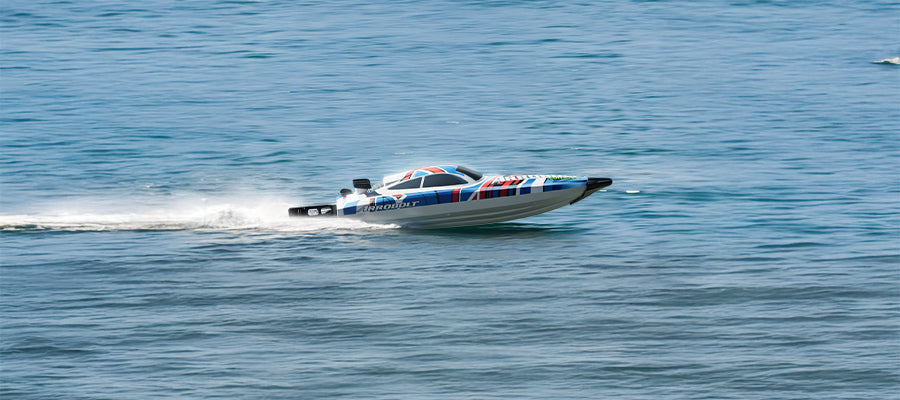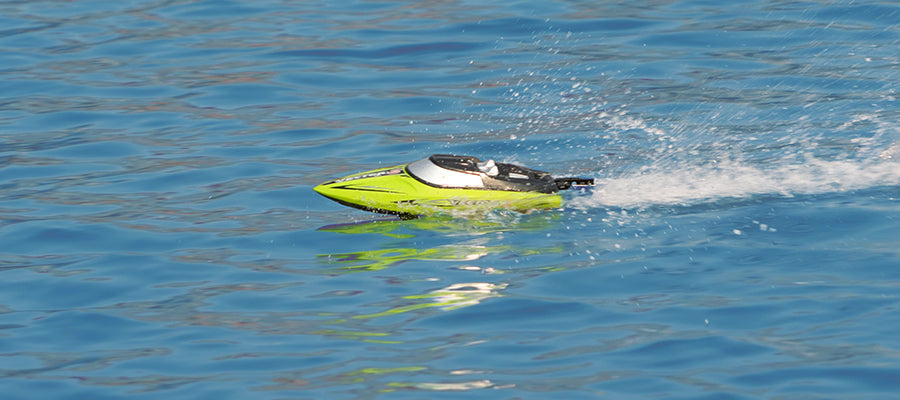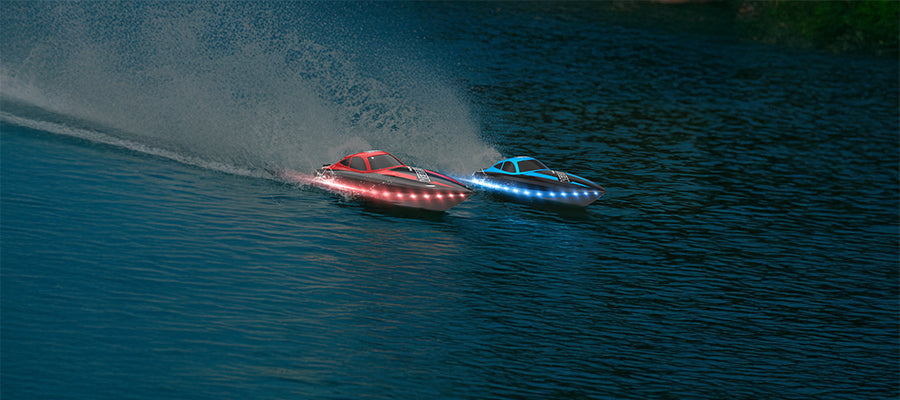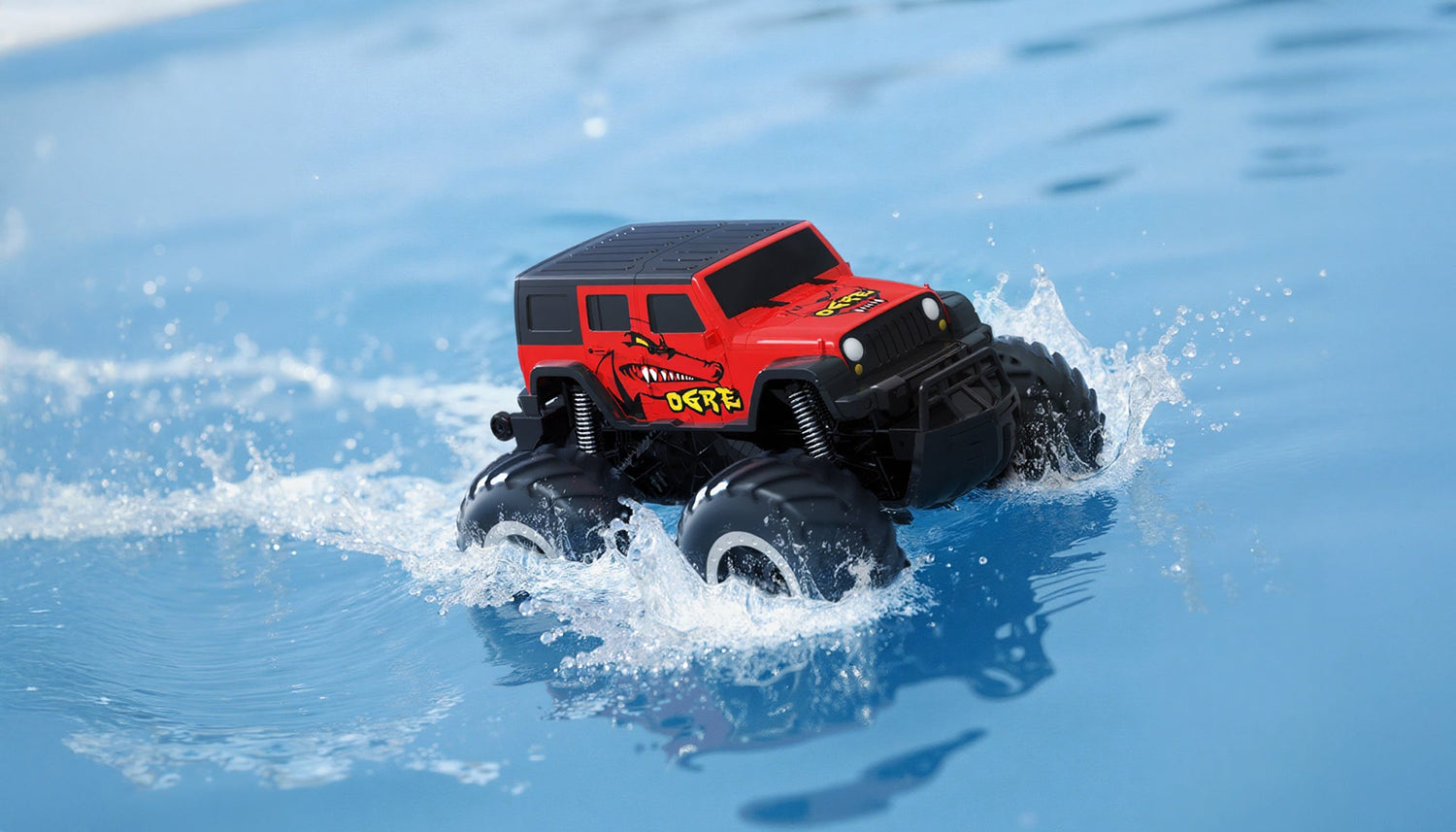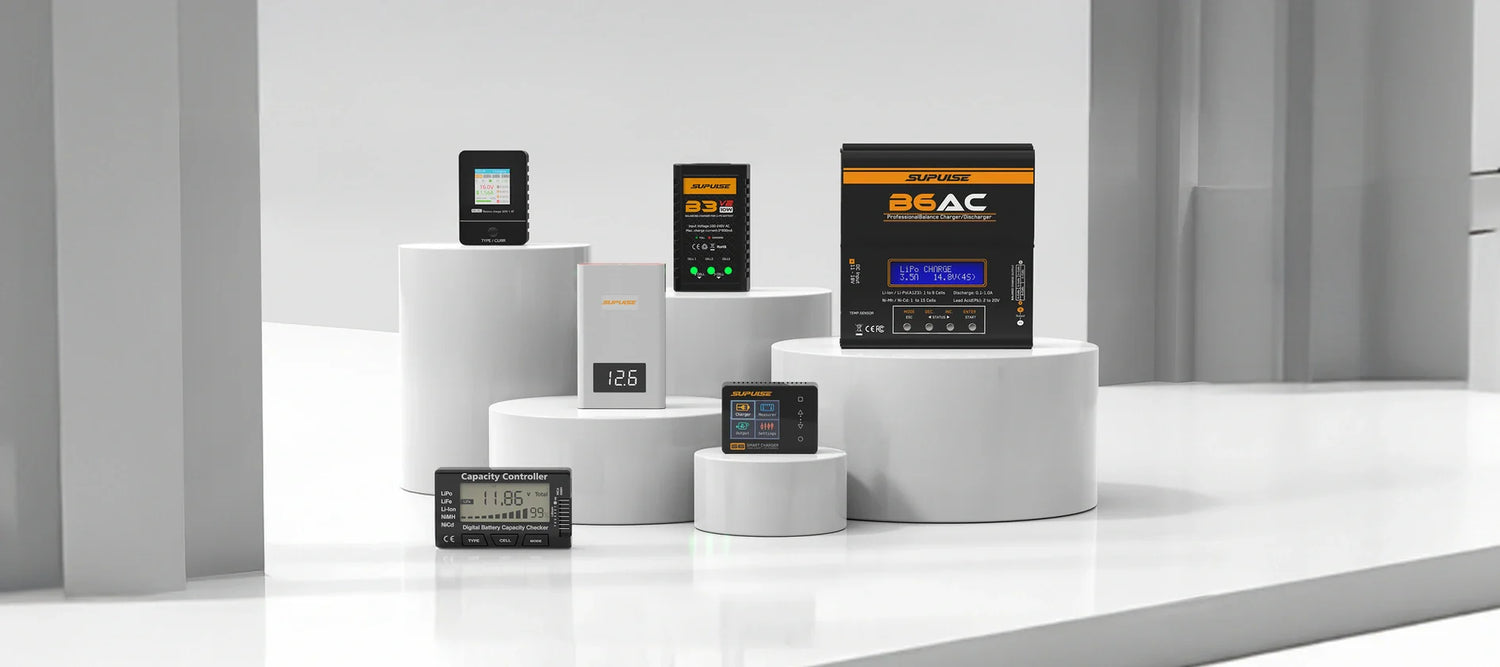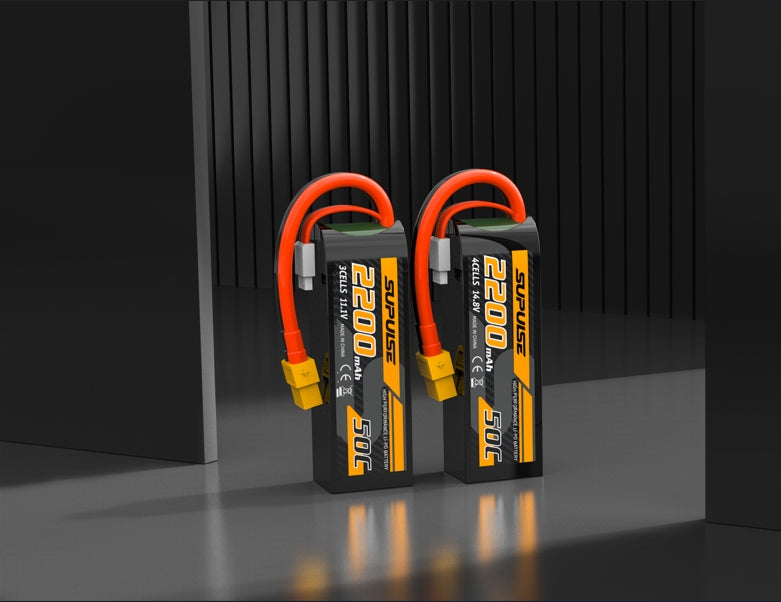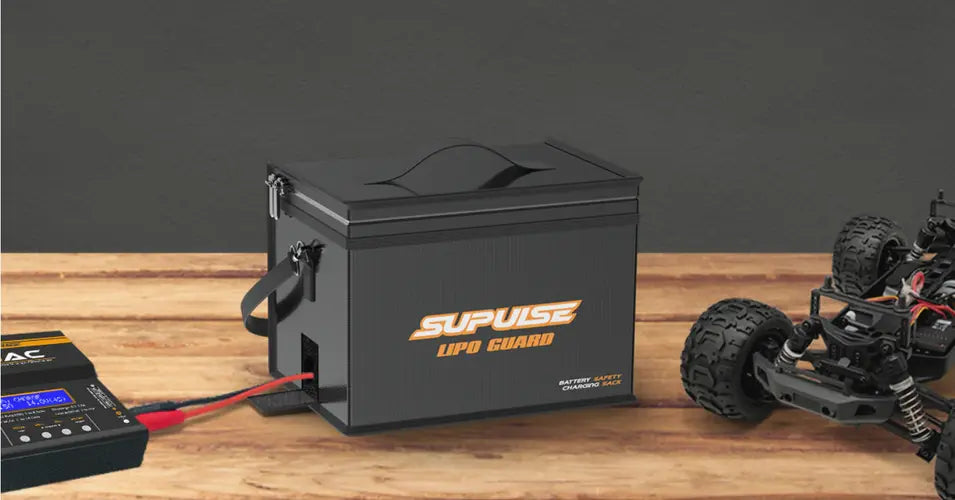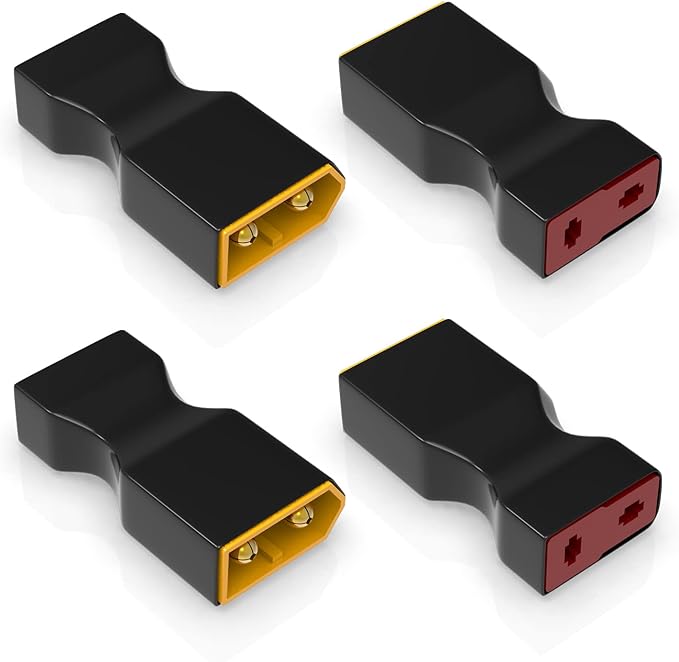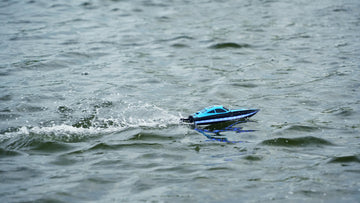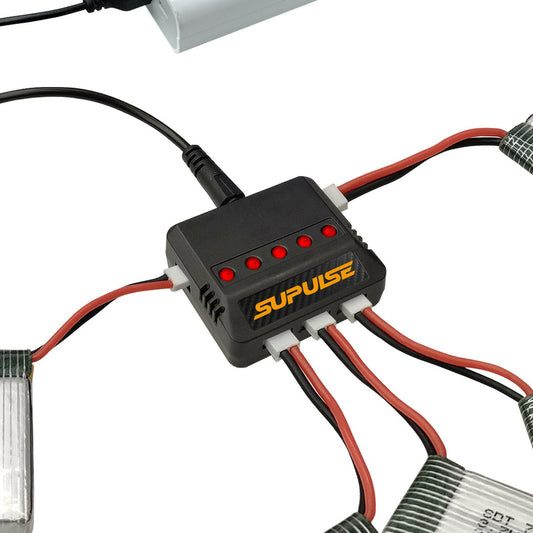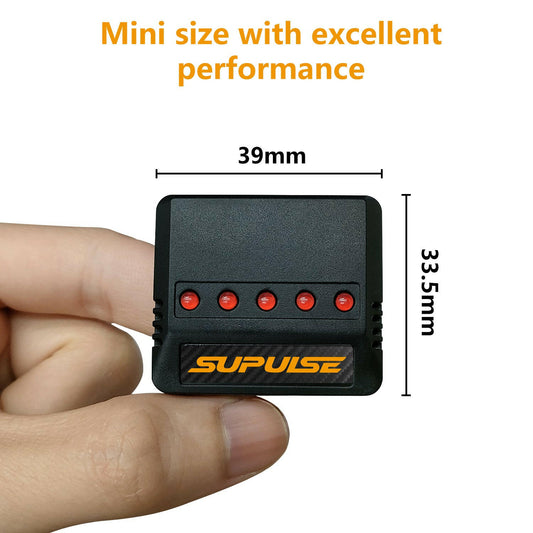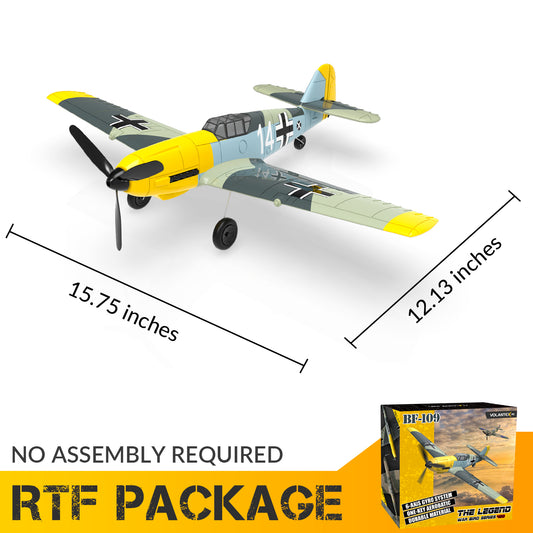Thinking about taking your RC boat for a spin, in the ocean? You're not alone. Many RC boat enthusiasts have the dream of cruising their boats through the waves. There are some things to think about first. In terms yes you can use RC boats in saltwater. Its important to be aware of specific challenges and safety measures.

Exploring RC Boats and Saltwater
RC boats provide a fun hobby with races and relaxing cruises. However using them in saltwater comes with challenges compared to freshwater settings. Saltwater has the potential to cause corrosion and damage if your boat isn't properly taken care of. Understanding these challenges is crucial for maintaining your RC boats condition during saltwater adventures.
Differentiating Between Saltwater and Freshwater
Saltwater and freshwater have impacts on RC boats. Freshwater is gentler on these vessels while saltwater can cause metal corrosion, electronic issues and faster wear and tear on materials. Moreover the buoyancy of boats changes in saltwater conditions requiring adjustments in handling for performance. Knowing these differences is essential for preparing your RC boat for water environments.
The Risks of Operating RC Boats, in Saltwater
Using an RC boat in saltwater poses risks that could potentially damage your vessel.
If the gear isn't designed for saltwater it can harm the engine, battery and electronic components. Even tiny gaps could let saltwater sneak in leading to fixes or making the boat unusable. Additionally if salt builds up over time and isn't properly cleaned out it could cause problems.

Choosing the Right RC Boat for Saltwater
Not all RC boats are created equal, especially when it comes to saltwater use. When selecting a boat for saltwater, look for models specifically designed or recommended for such environments. These boats typically feature enhanced sealing, corrosion-resistant materials, and more robust electronics. Ensuring your boat is up to the task is the first step in enjoying a hassle-free saltwater experience.
Waterproofing and Sealing
Ensuring your RC boat is waterproof is crucial before using it in saltwater. It is important to properly seal all openings, like the battery compartment and motor area, to prevent saltwater from getting in. Using marine-grade sealants can add an extra level of protection against saltwater damage. Remember, even a small opening can allow corrosive saltwater to enter, so make sure to thoroughly waterproof your boat.
Choosing Corrosion-Resistant Materials
For saltwater RC boats, it's important to choose materials that resist corrosion. Look for boats made of stainless steel, aluminum, or treated metals that don’t rust easily. Plastics and composite materials also work well in saltwater. Using corrosion-resistant materials can help your RC boat last much longer.

Maintenance Tips for Saltwater RC Boats
It's important to regularly maintain your RC boat after it has been exposed to saltwater to ensure it stays in good condition. Neglecting maintenance can result in lasting harm, reduced efficiency, and a shorter life span for your boat. Here are tips for maintaining peak performance.
Rinsing and Cleaning After Use
After using your RC boat in saltwater, rinse it well with fresh water. This removes salt that can build up on the boat and inside it. Focus on cleaning the motor, propeller, and moving parts. After rinsing, dry the boat completely to avoid moisture damage.
Regular Inspection and Repairs
Check your RC boat often for wear, rust, or damage. Make sure seals, screws, and joints are tight and not rusty. If you see any problems, fix them right away to avoid more damage. Changing parts before they break can prevent bigger repairs later on.






